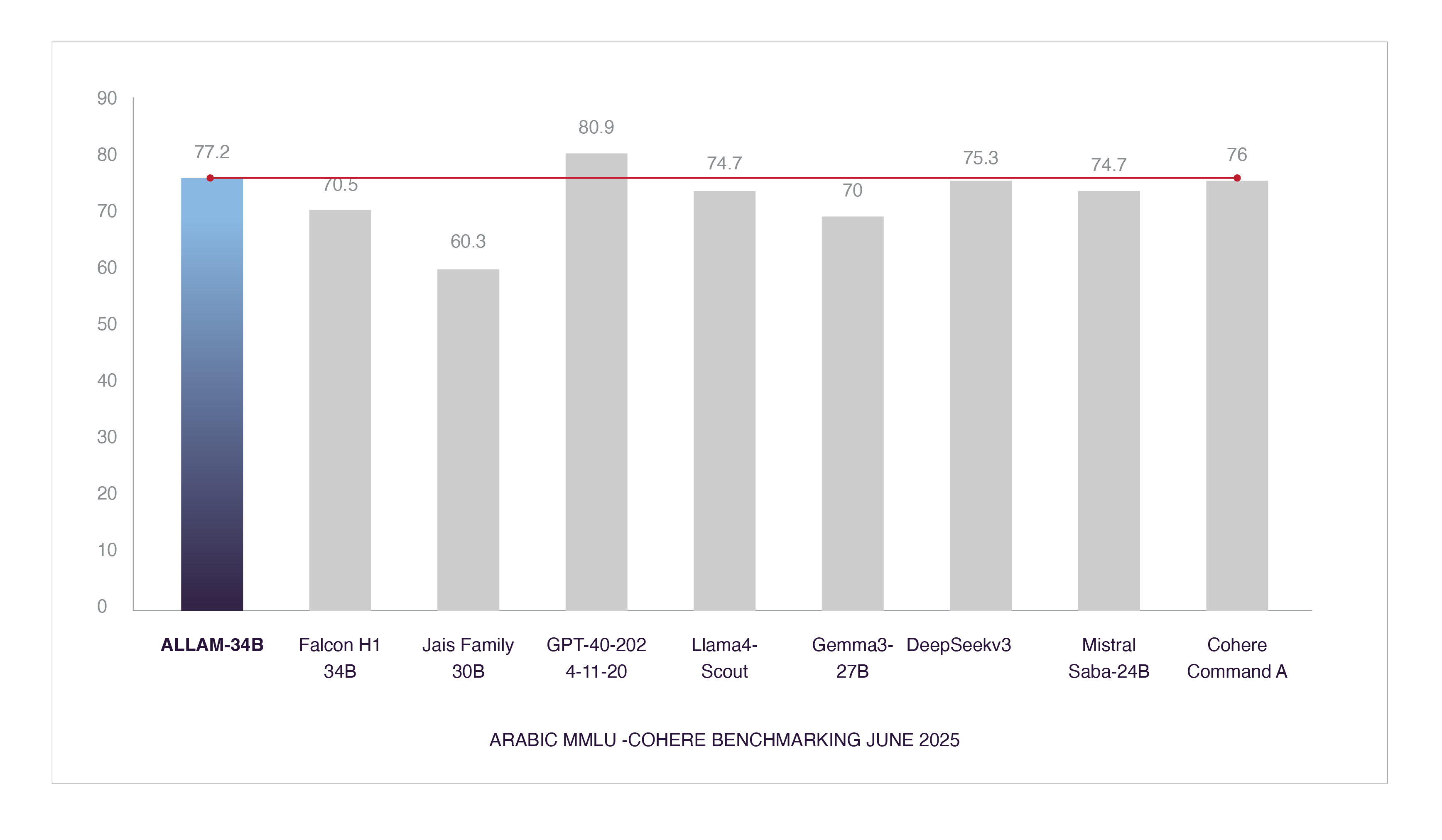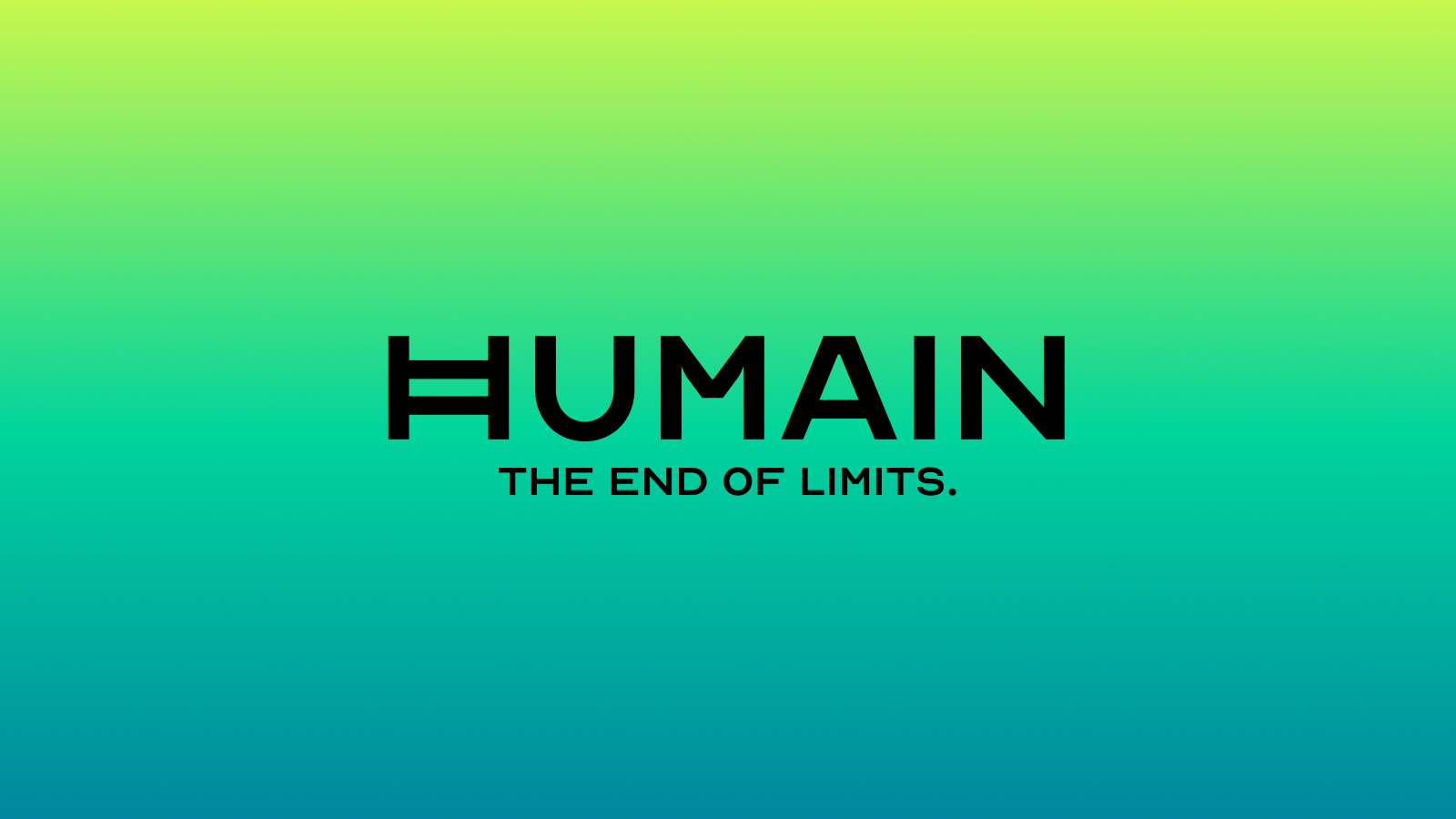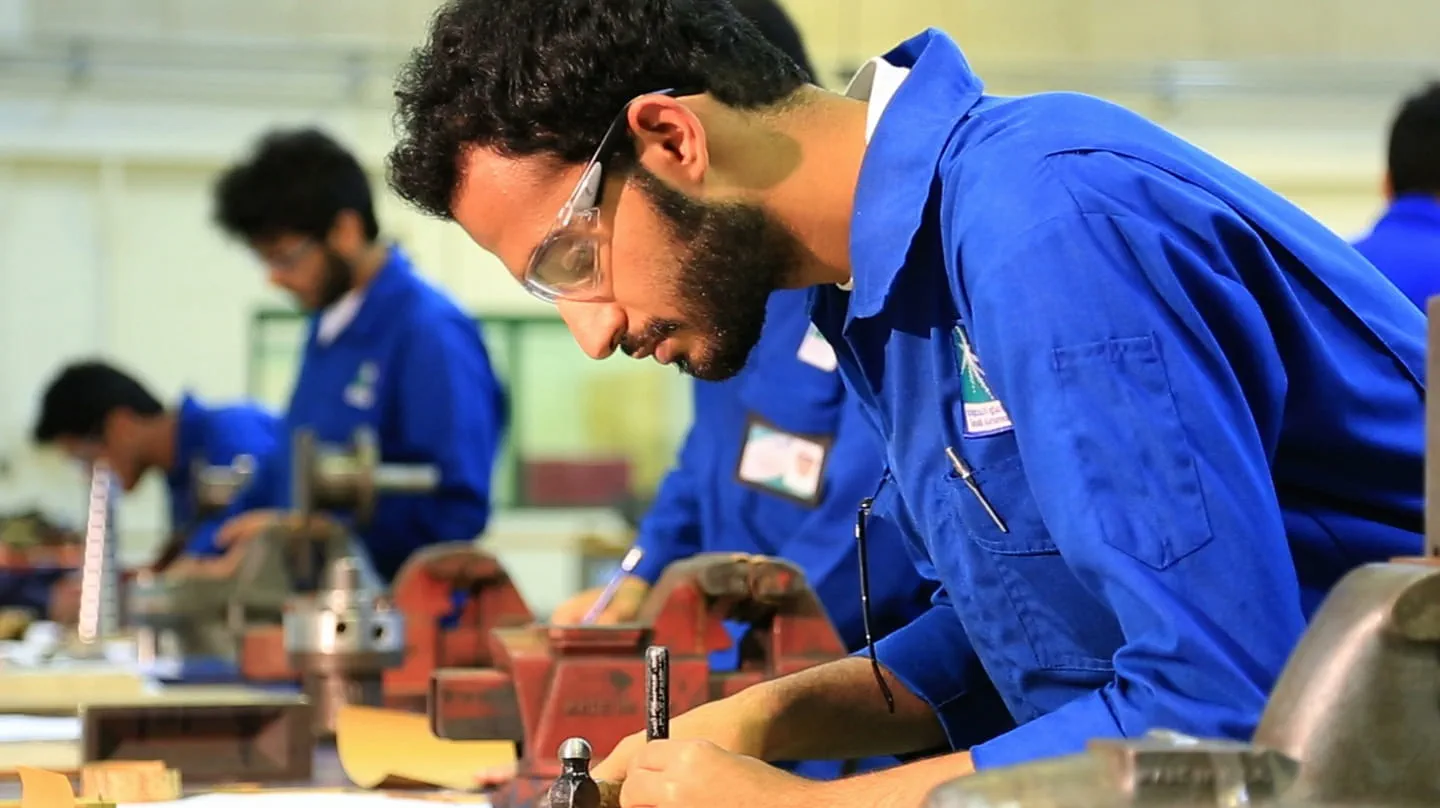Officially, HUMAIN Chat was introduced on August 25, 2025 by a new company called Humain (owned by the Public Investment Fund, or PIF) in Saudi Arabia. It is a web, iOS and Android-based Arabic first conversational artificial intelligence application. The app is currently operational in Saudi Arabia, though there are future plans to extend to other Arabic-speaking nations and beyond. The app is based on a large language model named ALLAM 34B (also written ALLaM 34B). Humain asserts that this model was trained on the currently largest Arabic dataset.
What is HUMAIN Chat?
HUMAIN Chat is the first public-facing application of Humain, a Saudi company which is supported by the Public Investment Fund (PIF). The application itself is Arabic-first, i.e. prioritizing Arabic language, culture and dialects in its replies instead of considering Arabic as a second language. According to the company, the app is powered by ALLAM 34B, which is a large language model. The app will roll out in the region and it will be launched in Saudi Arabia at the end of August 2025.
ALLAM 34B and who built it
According to Humain, the Saudi Arabian local teams developed ALLAM 34B. Certainly reports have indicated that the work had a large research department: in one such report the company claimed that the model was constructed by approximately 40 PhD-level researchers working within the Kingdom. Another assertion by Humain is that the model was trained on one of the biggest Arabic-language datasets that had been compiled. These are significant technical and human-capital figures since they indicate that the project is not merely a marketing concept but a large-scale engineering project.

By calling it 34B, they are indicating ambition - the model number represents a big model class capable of enabling higher order language activities than models that are significantly smaller. Humain puts the model in place to deal with the multi-dialect and bilingual (Arabic-English) entry of data. The fact that the research team of 40 workers with a PhD is the obvious inadequate investment in technical thoroughness, rather than assembling the product.
The Riyadh Charter
Concurrent with the introduction of the HUMAIN Chat is the Riyadh Charter on Artificial Intelligence in the Islamic World. This is significant in that it establishes ethical, strategic, and regulatory standards. Islamic World Educational, Scientific and Cultural Organization (ICESCO) approved the charter by 53 of its respective member states. It was approved in March 2025, at the 45th session of the executive council of ICESCO in Tunisia. The Riyadh Charter is expected to bring AI and Islam values close together, foster sustainable development and deepen collaboration between Islamic nations in the field of AI governance. This makes it a regional and wide agreement, rather than a statement made by an individual country. The charter is centered on values, ethics and the way AI must balance with the social and cultural norms in such countries.
The 53 figure is important since it indicates that there is a buy-in on the part of regional member states of the Islamic world, rather than a Saudi-only operation. It provides the Riyadh Charter with a diplomatic degree of leverage that could be applied in a subsequent policy negotiation or international AI regulation negotiation.
Why the Numbers Show It’s Big
- The count of tokens used in the training data (500+ billion) indicates that this model is capable of working with large and complicated textual patterns, particularly in Arabic, with its numerous varying dialects and styles.
- Being in the possession of more than eight petabytes of Arabic data is also strange as most of the AI models outside of Arabic-speaking nations are trained on English or multilingual data sets in which Arabic constitutes a minor portion. This figure translates to increased exposure to Arabic content.
- The presence of over 600 domain experts and 250 evaluators translates to lots of human review, which is advantageous to correctness, cultural sensitivity, and a reduced number of errors.
- A workforce of 120+ professionals, 35 of whom are PhD holders demonstrates a significant investment in human resources. This is not mere purchase of the hardware but it is the building of human capacity.
- Operating on local infrastructure and with the national law implies that Saudi manages data locality, privacy, and control. The people in the region are always interested in the location of their data.
What This Means for Users, Culture, and Region
Hundreds of millions of Arabian speakers will receive an AI that comprehends their dialects, religion and culture. They will not need to use AI that will consider them second-language users or will translate everything into English. This provides enhanced accuracy, more natural conversations and more credibility behind the responses.
Since the model has been vetted by numerous domain experts and evaluators and is trained with large volumes of Arabic data, HUMAIN Chat would most probably generate output that honors Islamic values, traditions, and local historical and cultural events. That is important to issues such as religious matters, social taboos and local traditions.
Keeping the data and operating the systems within Saudi Arabia provides the government and the companies with ownership of privacy, control, and security. They adhere to the data protection act of Saudi Arabia. This lowers the chances of foreign entry or information being dominated by foreign firms.
Prior to this, Arabic speakers were relying on international AI tools, which were not adjusted to Arabic. HUMAIN Chat is a local / regional entrant. In the long term, multiple options can drive the innovations to the board (improved Arabic assistance in planned rival AI, more functionalities that address local requirements).
The Riyadh Charter provides a common ground on the development and use of AI within a substantial number of Islamic states. It implies that regulations, ethics, and AI policy can converge in numerous countries - a potential outcome of which will be facilitated cooperation and a decrease in disputes concerning what is and what is not considered acceptable in AI.
Comparative Analysis
The HUMAIN Chat of Saudi Arabia, which uses the ALLAM 34B model, and Falcon of the United Arab Emirates are the two most progressive Arabic-based AI projects in the region. Over 600 domain experts, 250 evaluators, and a group of over 120 AI specialists, including 35 PhDs, were involved in the development, all of them based within Saudi Arabia to meet the country's data protection regulations. It is developed with multifarious Arabic dialects with culturally-dependent answers. For research and commercial Falcon 40B is designed to support Arabic and is highly available as an open-source design, whereas Falcon 180B can support many languages including important Arabic functionality.
Challenges
Despite good figures, issues and problems exist. We lack complete technical benchmark comparisons of all tasks (e.g. math, logical reasoning, domain-specific tasks) in which ALLAM 34B is more or worse than major global models. They are restricted in terms of independent evaluations. The information of training is extensive but distribution is significant.
The consumers will see speed, cost and consumer usability. Big models also require high-performance servers, high-quality internet, or blazing infrastructure, so when any of these perform poorly, it will negatively affect the user experience. The international implementation will entail localisation, control, translation of laws, and perhaps addressing the issue of other privacy regulations or culture in other nations.
Numbers give a reality check. Moving up to a model label such as 34B or a 40-person research team does not necessarily correspond to the ability of larger and global models trained on offsetting wider and multimodal data. It is a large leap to local language assistance, which will not alone guarantee international equality with the largest and most funded models. With that being said, the actual benefit is the performance geared towards Arabic users and an apparent investment in local talent and infrastructure.
Conclusion
The recent introduction of HUMAIN Chat to the Saudi Arabia market under ALLAM 34B can be seen as one of the largest recent advances of developing AI solutions that are developed by, about, and under the control of Arabic-speaking individuals. The numbers indicate that the metric is meaningful: hundreds of millions of individuals, billions of data bits, dozens of specialists engaged in it, as well as complete hosting and control within Saudi Arabia. Together with the Riyadh Charter - supported by 53 Islamic countries - this is an indication of technological and governance ambition.


















